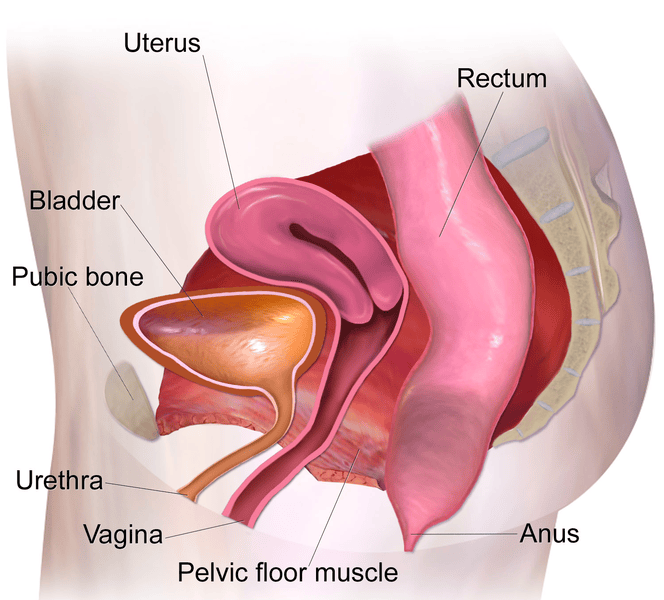Uncomfortable bladder tests no longer needed for female urinary incontinence
A major study reveals comprehensive clinical assessments could replace uncomfortable bladder pressure tests for women with persistent urinary incontinence, providing equivalent treatment outcomes with less patient discomfort.
The landmark FUTURE trial, published in The Lancet on 22 March 2025, demonstrates that comprehensive clinical assessments (CCA) can effectively guide treatment for women with refractory overactive bladder or urge urinary incontinence without requiring invasive urodynamics testing.
First randomised controlled trial challenges decades of practice
For over 40 years, invasive urodynamics testing has been standard practice for women whose urinary incontinence doesn’t respond to first-line treatments such as pelvic floor exercises, bladder retraining, and medication. These tests, which involve catheter insertion to measure bladder pressure, have been considered essential for guiding advanced treatments.
However, the FUTURE trial—the world’s first randomised controlled trial examining the clinical and cost-effectiveness of invasive urodynamics testing—challenges this longstanding approach. The study included 1,099 women across 63 UK hospitals, comparing treatment outcomes for those who underwent invasive urodynamics testing plus CCA versus those who received CCA alone.
Lead researcher Professor Mohamed Abdel-Fattah, Director of the Aberdeen Centre for Women’s Health Research, stated: “Invasive urodynamics tests can be embarrassing and uncomfortable procedures. For many women who are struggling with finding a treatment that works for this type of urinary incontinence, our trial shows they no longer have to go through that experience to achieve an improvement in their symptoms and quality of life.”
Comparable outcomes with less invasive approach
Results from the 15-24 month follow-up period revealed no significant difference in patient-reported treatment success between the two assessment approaches. Approximately 23.6% of women in the urodynamics group reported their symptoms were “very much” or “much” improved, compared to 22.7% in the CCA-only group.
Notably, women who only underwent CCA reported earlier improvement in their symptoms. The researchers also found that urodynamics testing changed the diagnosis to urodynamic stress incontinence in 13% of women, leading to modified treatment plans.
“While women who underwent invasive urodynamics testing received more tailored treatments based on the test result, this did not translate to better patient reported success rates following treatments, better improvement in women’s quality-of-life, or less adverse events,” Professor Abdel-Fattah explained.
Cost-effectiveness and resource implications
The economic evaluation conducted alongside the trial demonstrated that urodynamics testing for this patient group was not cost-effective according to the UK’s National Institute for Health and Care Excellence threshold of £20,000 per additional quality-adjusted life year.
This finding has significant resource implications, as CCA can be performed by specialist nurses or hospital doctors without specialised equipment, whereas urodynamics testing requires referral to specialist clinics, dedicated equipment, and multiple staff involvement—often resulting in lengthy waiting times.
Professor Benoit Peyronnet, Professor at the Rennes University Department of Urology and member of the European Association of Urology Scientific Congress Office, noted the practical implications: “Many European countries have long waiting lists for urodynamics testing, and the invasive tests can be an unpleasant experience for women.”
However, he cautioned that in busy clinical settings with limited time for comprehensive assessments, urodynamics testing might still be valuable for certain patient groups. He also highlighted the need for longer-term follow-up data.
The researchers are currently conducting a five-year follow-up trial to assess longer-term outcomes and cost-effectiveness of urodynamics testing. The FUTURE trial was funded by the National Institute for Health and Care Research Health Technology Assessment Programme.
Reference:
Abdel-Fattah, M. S., Chapple, C., Cooper, D., et al. (2025). Invasive urodynamic investigations in the management of women with refractory overactive bladder symptoms (FUTURE) in the UK: a multicentre, superiority, parallel, open-label, randomised controlled trial. The Lancet. https://doi.org/10.1016/S0140-6736(24)01886-5


